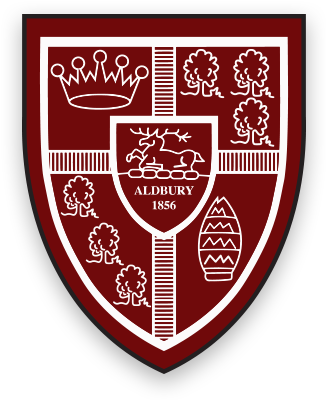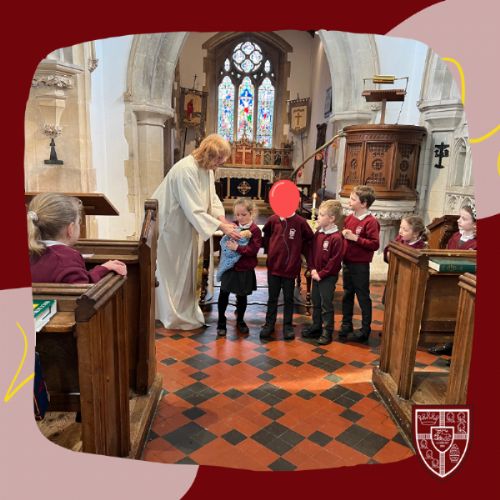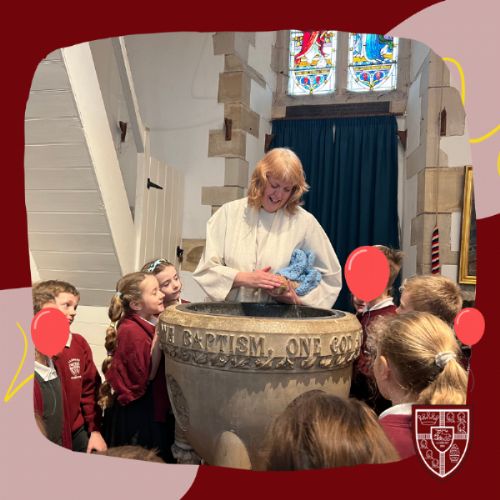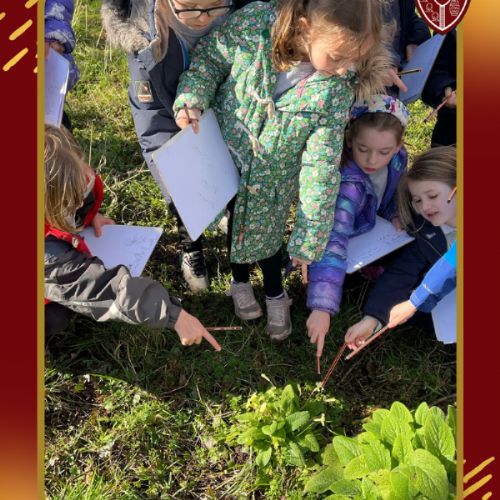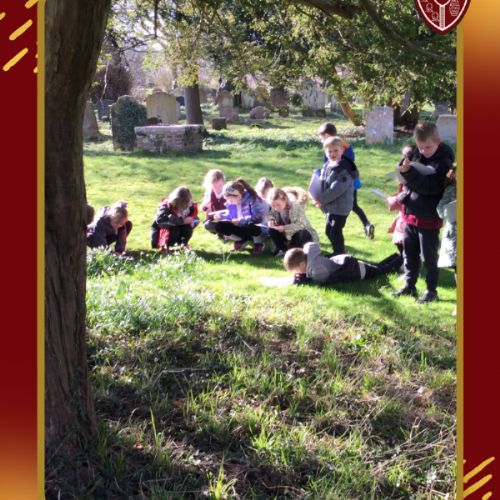Religious Education
Our Intent
Through our carefully structured Religious Education curriculum, pupils at Aldbury develop a secure understanding of Christianity and a respectful awareness of other faiths and worldviews. Our teaching encourages pupils to value diversity, appreciate difference, and approach the beliefs of others with curiosity and empathy.
We promote a strong sense of responsibility, guiding children to reflect on how their actions, words, and choices can contribute to a fair and caring community. Pupils learn to consider moral questions thoughtfully and to respond with compassion and integrity.
Through shared learning experiences, pupils build genuine friendship across the school community. They learn to listen, collaborate, and support one another as they explore questions of belief, meaning, and purpose together.
By nurturing these values, our children grow into confident, open-minded individuals who are ready to make a positive contribution to both their local community and the wider world.
Religious Education at Aldbury School
Following our positive SIAMS inspection, we have continued to strengthen our Religious Education (RE) curriculum to ensure that it is broad, balanced, and reflective of the diverse world in which we live. As a Church of England school, 50% of our RE curriculum focusses on the Christian faith, while the remaining 50% explores other world religions and world views.
Our children learn about Judaism, Islam, Sikhism, Buddhism, and Hinduism, with Humanism introduced in Upper Key Stage 2. This builds upon our well-established teaching of Christianity and ensures that pupils are well prepared for their transition to secondary school.
We have strong links with Tring School, and our RE Lead, together with Miss Moore, has worked closely to ensure that our curriculum provides the knowledge and understanding children need to progress confidently into Year 7.
Our Curriculum
At Aldbury, we follow the Hertfordshire Agreed Syllabus for RE and use Understanding Christianity materials to support the teaching of the Christian faith. To enrich pupils’ understanding of other religions and worldviews, we have also adopted the Emmanuel Project, as recommended by our diocesan advisor.
This combination ensures that our pupils are not simply taught about religion, but are encouraged to make links, reflect, and develop a deep understanding of key beliefs, values, and practices across faiths.
What is the Emmanuel Project?
The Emmanuel Project was developed in response to Ofsted’s call for greater depth and enquiry in RE teaching. It provides an enquiry-based approach to learning across six major world religions and Humanism.
Each unit follows an Enquiry Cycle:
Engage → Enquire → Explore → Evaluate → Express
Within each unit, the Explore stage is expanded into three key areas:
-
Scriptural text or narrative
-
Community practice
-
Daily living
This ensures that pupils encounter a balanced view of religious belief and practice, rather than a narrow focus on festivals or sacred stories.
Learning begins with an engaging starter that introduces the key concept through a big question. For younger pupils, imaginary children of different faiths help make learning accessible, while older pupils use symbols to represent key beliefs and concepts as practical learning aids.
The Emmanuel Project helps pupils to make meaningful connections between faiths and develop a deeper understanding of both Christianity and other world views.
Understanding Christianity
Alongside the Emmanuel Project, we use Understanding Christianity to teach about the Christian faith in greater depth. This resource helps pupils explore Christianity as a living faith that shapes lives and communities today.
Each unit is structured around three key elements:
-
Making sense of the text – Developing skills of reading and interpreting the Bible; understanding how Christians interpret and use biblical texts.
-
Understanding the impact – Exploring how Christians respond to biblical teachings and live out their faith in the world.
-
Making connections – Encouraging pupils to reflect on and connect the ideas studied with their own experiences and understanding of the world.
This model ensures that children are not just learning what Christians believe, but are developing the skills to think theologically and engage deeply with questions of meaning, purpose, and belief.
Assessment and Monitoring
RE is carefully monitored to ensure the curriculum remains full, broad, and progressive across the school. Assessment is ongoing and used to identify any gaps in learning. Each unit includes clear end-of-unit and end-of-year expectations for all six strands of the syllabus, adjusted to reflect the content taught.
